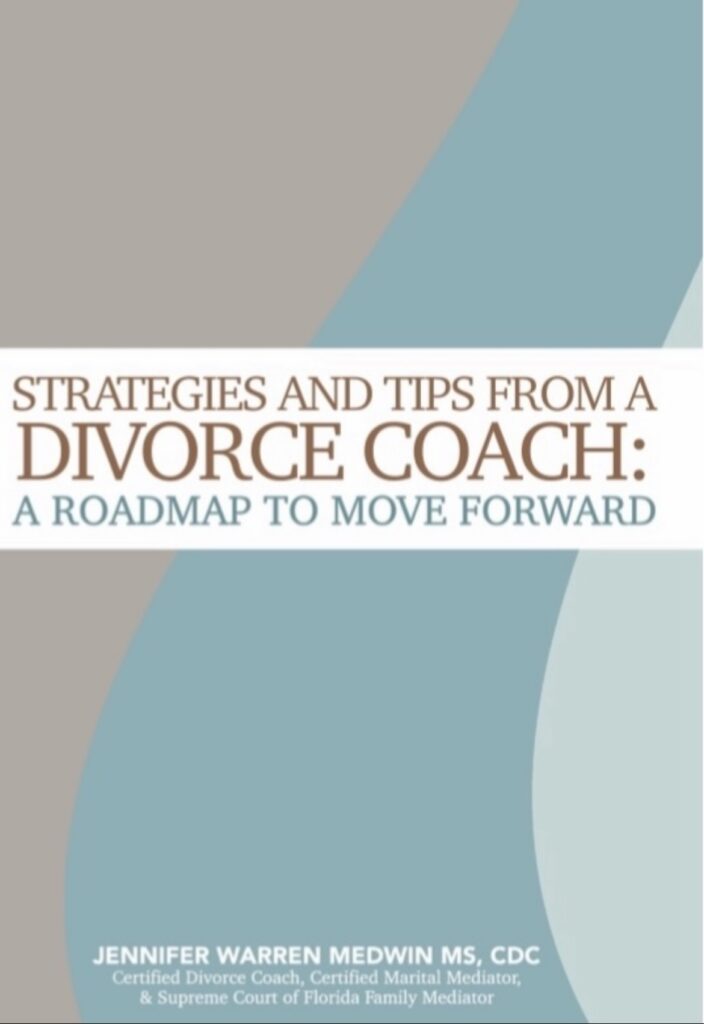Coparenting Coach vs Family Therapist
Both Coparenting Coaches and Family Therapists focus on working through emotional discomfort and setting life-enhancing goals. Although both professions can help, there are several differences:
Coparenting Coach:
- A professional who provides collaborative, solution-focused, topically relevant guidance to clients.
- Views parents as the experts on their own child/children.
- Works with parents to discover their values and incorporate them into developmentally appropriate strategies.
- Adopts a future-focused and goal-oriented approach.
- Conducts sessions that are typically short-term and based on each family’s unique goals.
- Focuses primarily on the coparent partnership and the relationship between the parent(s) and child/children.
- Teaches lifelong strategies and techniques so coparents know how to reinforce positive behavior, set clear boundaries, and appropriately hold children accountable.
- Usually more cost-effective than family therapy, as the typical relationship lasts less than six months and the techniques provided can be applied as the children grow.
- Does not accept insurance.
Family Therapist:
- Trained to treat mental illness, tackle emotional concerns, and identify and address underlying issues.
- Facilitates sessions with the entire family, as well as individual sessions with child/children without parents.
- Helps families identify and address negative patterns of interaction and communication that may be contributing to the child/children's behavior. Parents work on their underlying issues prior to addressing the child/children’s behavior.
- Takes a more comprehensive approach, working to identify and address underlying issues within the family system, including providing diagnoses for family members.
- Conducts sessions that typically involve a longer-term, process-oriented approach.
- Considers the broader context of the family and how each member's experiences and behaviors impact the whole coparenting experience.
- Uses a variety of therapeutic techniques to address the emotional and psychological dynamics within the family.
- Most often more costly than Coparenting Coaching because there is usually no predetermined goal or timeframe for resolution.
- Some accept insurance.




